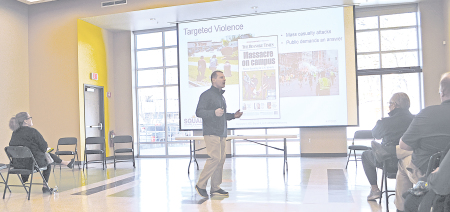Diaries From The Past
Published:
July 20th, 2006
By:
Donald A. Windsor

By Donald A. Windsor
Deputy Historian, Chenango County
If you want to know what it is like to live in a distant place, you can visit it or correspond with its residents. But what can you do if you want to know what it was like to live in a distant time?
You can read about it. Publications, such as newspapers, magazines, or books, are good sources of information, but they are polished. They have been sanitized, refined, and edited so that the communication has been rendered fit for public consumption and targeted to a particular audience. However, a lot of information never gets published because the publishers either reject it or are unaware of it.
To get real uncensored, unedited, direct, highly biased, personal information, consider reading diaries. First of all, should you? Do people write diaries for strangers to read? Probably not. As far as I can determine, people write diaries to record events in their lives and their reactions to them for their own personal use, to augment their memories. A diary is, in effect, outsourced memory storage and should be considered an extension of the author’s mind. That is about as personal and private as it gets.
Continue Reading This Story
Subscribe now at half price for a limited time!
Author: Donald A. Windsor - More From This Author
Comments








